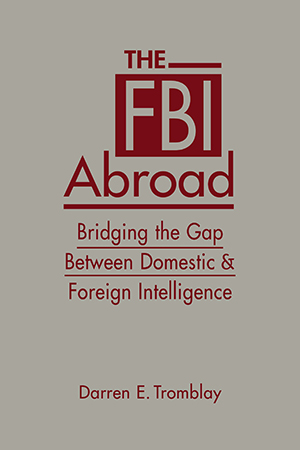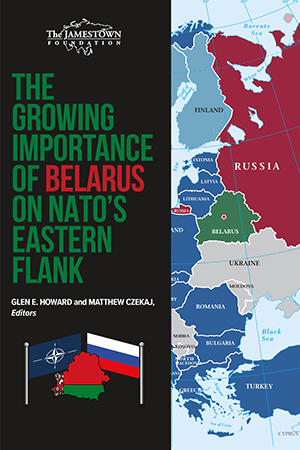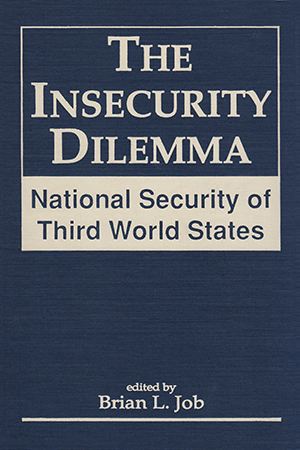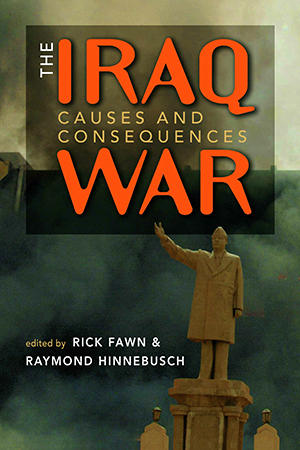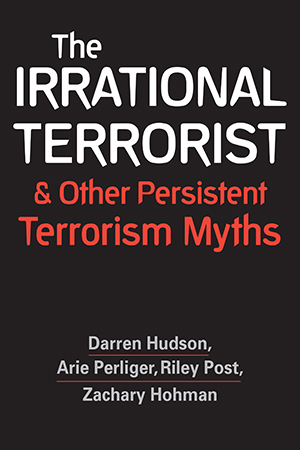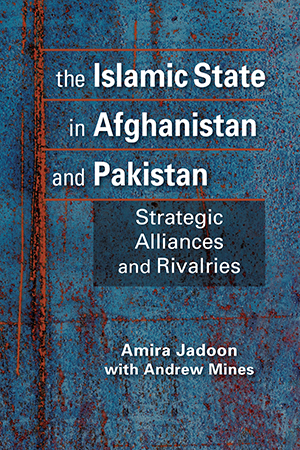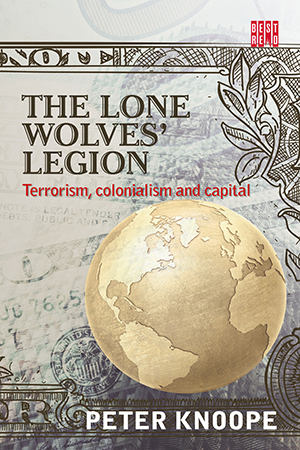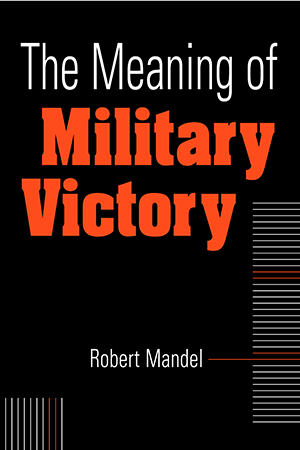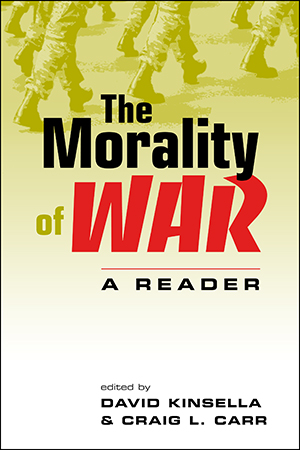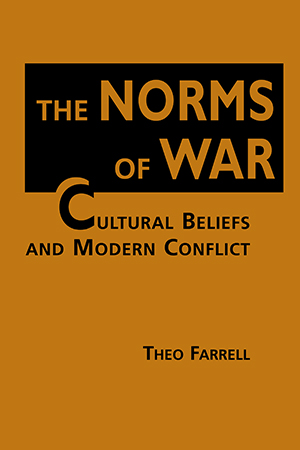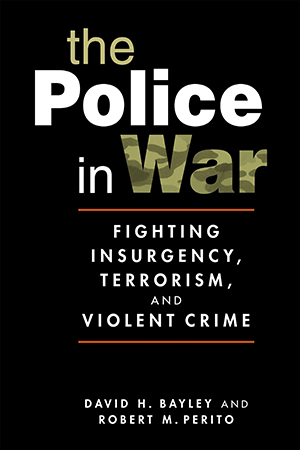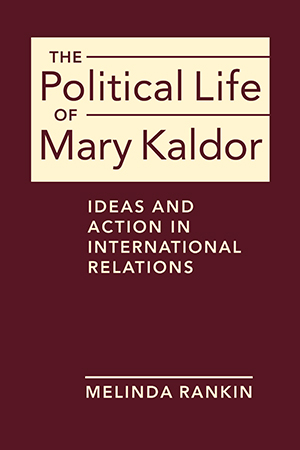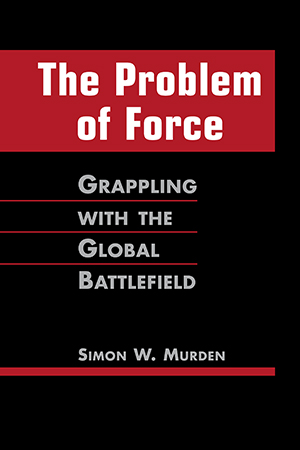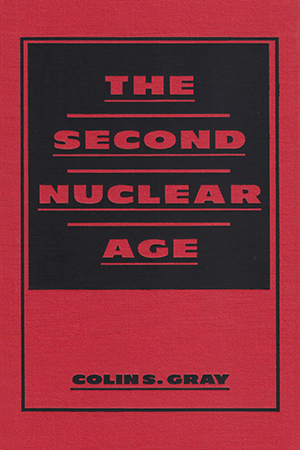Security and Intelligence Studies
How is it that the FBI, a domestic intelligence agency, operates beyond the US borders? What role does the bureau play in emerging democracies? In what ways does it contribute to US More >
The widely misunderstood country of Belarus, squeezed both literally and geopolitically between Russia and the West, was typically overlooked by post–Cold War military More >
Positing an "insecurity dilemma," in which national security, defined as regime security by state authorities, becomes pitted against the incompatible demands of ethnic, social, More >
While the war in Afghanistan saw most industrial countries back the US-led campaign, the subsequent war in Iraq profoundly divided international opinion—and likely represents a More >
Opinion surveys show that what the public assumes it knows about terrorism is at best a badly distorted view. Recalling the "Flat Earth" phenomenon, early misconceptions have More >
The deadly attack on Kabul's airport in August 2021 shocked the world and brought concentrated attention to the Islamic State Khorasan Province (ISK). New questions quickly arose: How More >
The threat of terrorism has increased significantly in recent years, in every region, with the number of victims of terrorist attacks also increasing. Are we indeed under siege, as many More >
How has the concept of victory evolved as the nature of conflict itself has changed across time, circumstance, and culture? And to what end? Robert Mandel addresses these questions, More >
When and why is war justified? How, morally speaking, should wars be fought? The Morality of War confronts these challenging questions, surveying the fundamental principles and themes of the More >
Although the horrors of war are manifest, academic debate is dominated by accounts that reinforce the concept of warfare as a rational project. Seeking to explain this paradox—to More >
Once impassable and inhospitable, both the Arctic region and Antarctica are rapidly emerging as geopolitically strategic hot spots. As Ryan Burke writes in The Polar Pivot, the ice is More >
Frustrated efforts in both Iraq and Afghanistan give urgency to the question of how to craft effective, humane, and legitimate security institutions in conflict-ridden states—and More >
Although more than a little controversial, Mary Kaldor's academic work and ideas have both stimulated and influenced debate in the Pentagon, the United Nations, the European Union, NATO, More >
Why, despite indisputably superior military might, have the US-led military interventions in Afghanistan and Iraq been so fraught with setbacks? Does it make sense in today’s security More >
Colin Gray returns nuclear weapons to the center stage of international politics. Taking issue with the complacent belief that a happy mixture of deterrence, arms control, and luck will More >


